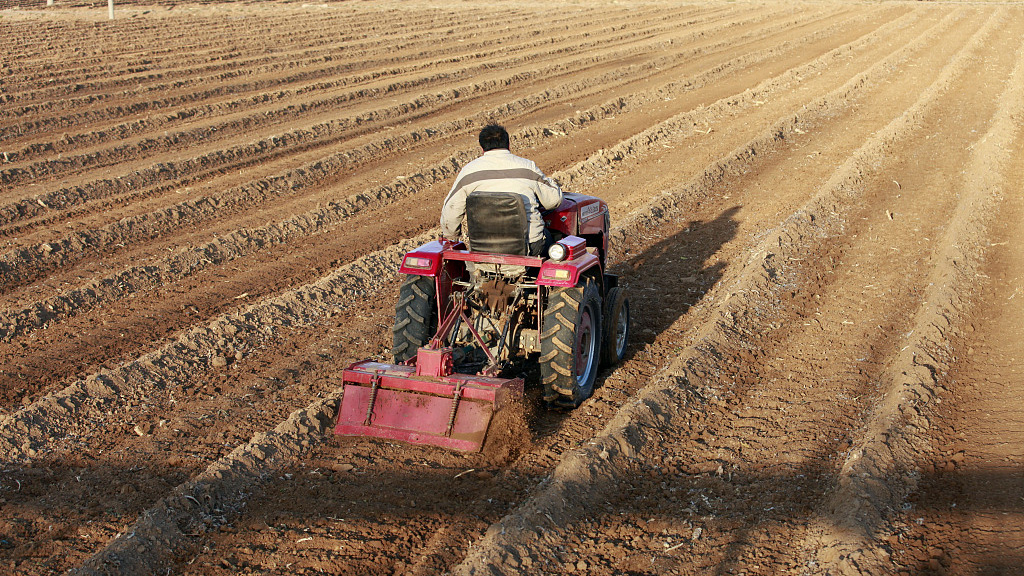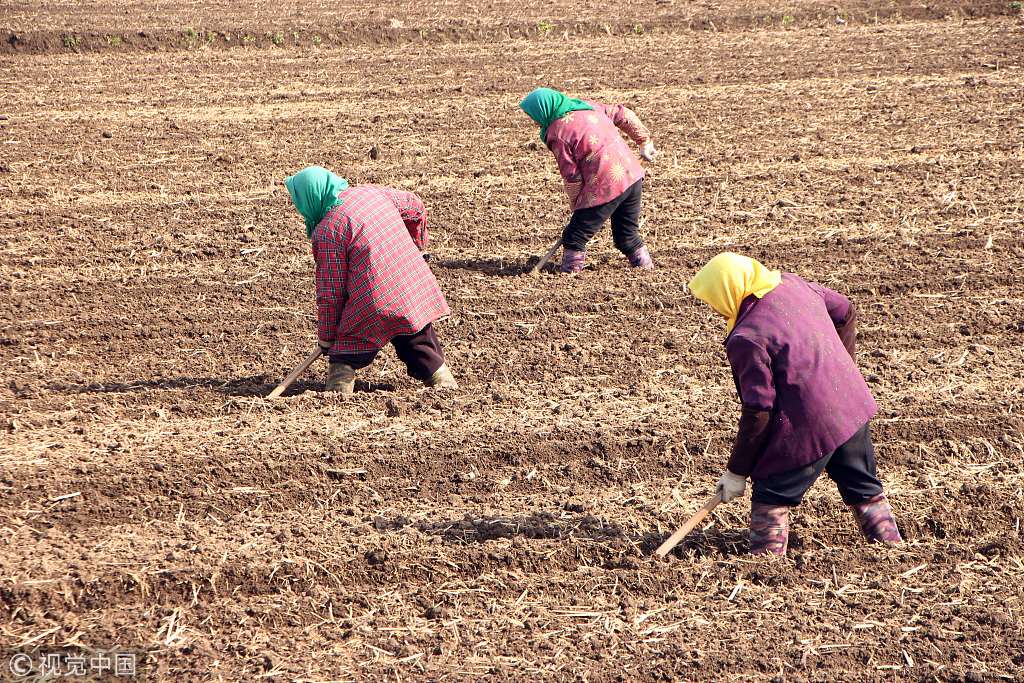
Domestic
15:29, 18-Feb-2019
Rural Land Reform: China's latest initiative to capitalize on its land
Yang Yutong
01:33

Rural land accounts for 47 percent of China's total land area, which is a primary reason why rural issues in China have been perennially the number one priority in the work of the Party and the government.
Rural land reform has been controversial throughout China's history, not only because it concerns the sufficiency of food for the world's largest population, but also because it affects the well-being of millions of farmers.
The reform process began in the early days after the founding of the People's Republic of China in 1949. At first, China allocated land that had been confiscated from landlords to rural households with no or little land; it was called "ownership to the farmer and operation by the farmer".
Then in the early 1950s, China encouraged farmers to voluntarily set up mutual-aid groups, including agricultural producers' cooperatives (elementary to advanced) and people's communes, which were called "public ownership and public operation."
There were of course troubles ahead. The cooperatives failed to mobilize farmers and resulted in less productivity.

Farmers plow the wheat land in Yangzhou city, Jiangsu province, February 17, 2019. / VCG Photo
Farmers plow the wheat land in Yangzhou city, Jiangsu province, February 17, 2019. / VCG Photo
After 1978, with the new reform in place, farmers were then able to operate their own lands and, after they fulfilled a quota for the state, to enjoy the fruits of their own labor. The new system, called "public ownership and private operation," brought about a remarkable increase in agricultural productivity.
Land issues continue to be controversial because they affect the interests of different groups, and adjusting those interests naturally triggers conflict among different interests. Premier Li Keqiang once pointed out that "steering vested interests may be more difficult than steering the soul."
At present, the Chinese government is piloting new methods to better capitalize on its land, for example, by recognizing the fundamental importance of rural land ownership while regulating the right to own, use, benefit from and dispose of land.
In addition to the right of selling the land, China is also exploring the possibility for collectively owned land entering the first-class land market. Even though land issues are complex, China has always prioritized them and continues to propose and test new policies.

SITEMAP
Copyright © 2018 CGTN. Beijing ICP prepared NO.16065310-3
Copyright © 2018 CGTN. Beijing ICP prepared NO.16065310-3